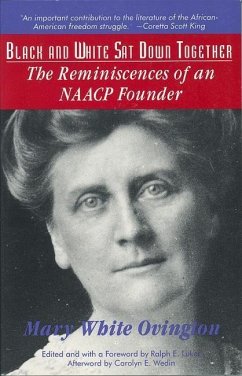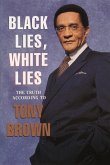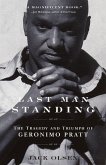In 1903, when white settlement worker Mary White Ovington was thirty-eight years old, she had no sense that there was a "racial problem" in the United States. Six years later, she, W. E. B. Du Bois, and fifty others founded the National Association for the Advancement of Colored People. Their goals in 1909 - ending racial discrimination and segregation and achieving full civil and legal rights - included the power of the vote for black Americans. Eighty-five years later, the NAACP remains the largest and most influential civil rights organization in the country, still striving to uphold the goals of its founders. Hailed as a "fighting saint" by NAACP Executive Secretary Walter White, Ovington dared to do this work in a period intolerant of black-white relations. She often endured notoriety, as when lurid newspaper headlines followed a biracial dinner hosted by the Cosmopolitan Club in 1908 and singled her out for persecution. For Ovington, the lifelong activist, the commonality of human ideas was a source of inspiration. Her profound sense of social justice demanded determination and persistence. Once Ovington committed herself to "Negro work", she worked tirelessly "until the two sides came together". The Baltimore Afro-American newspaper first published Ovington's reminiscences in 1932 and 1933. Now, for the first time, they are available in book form - a candid memoir by a courageous woman who defied the social restrictions placed on women of her generation, race, and class, and undertook civil rights work in a period intolerant of black-white relations. Throughout the years of struggle, Ovington never lost her faith in the possibility of transforming relations between blacks andwhites, believing that "the miracle is always here if someone will call it forth".








